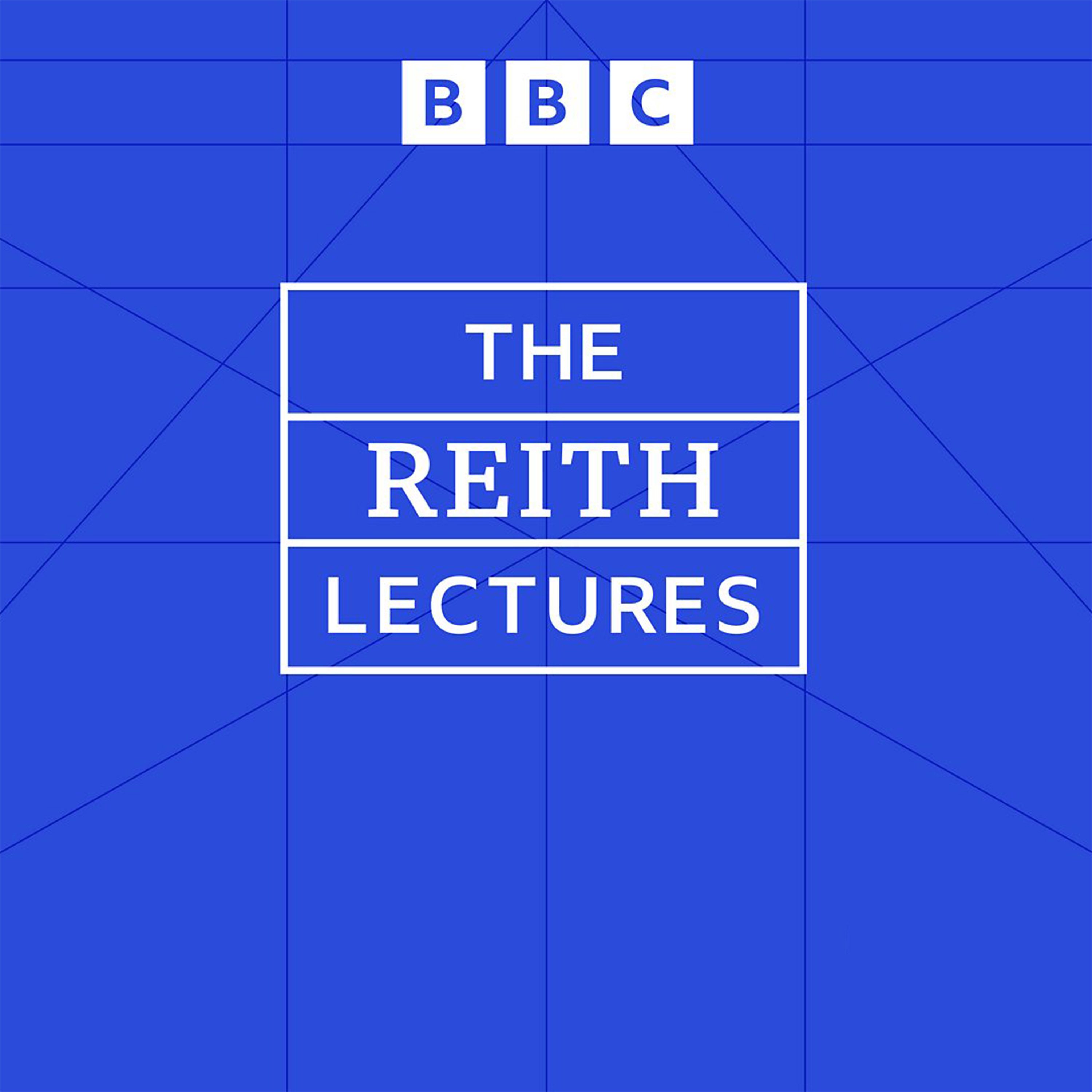

The Reith Lectures
BBC Radio 4
Significant international thinkers deliver the BBC's flagship annual lecture series
Episodes
Mentioned books

Nov 28, 1979 • 30min
The Burden of Underdevelopment
Professor of Political Science at the University of Michigan, Ali Mazrui, considers Africa's lack of economic development in his fourth Reith lecture from his series entitled 'The African Condition'. In this lecture entitled 'The Burden of Underdevelopment', Professor Ali Mazrui questions how such a resource rich region of the world accommodates some of the poorest countries in the world.

Nov 21, 1979 • 30min
A Clash of Cultures
Professor of Political Science at the University of Michigan, Ali Mazru, explores the conflict between African and Western cultures in his third Reith Lecture. Delivering his third lecture from his series entitled 'The African Condition' In this lecture entitled 'A Clash of Cultures', Professor Mazrui argues that African societies are not the closest culturally to the Western world, yet they have been undergoing what is perhaps the most rapid pace of Westernisation of the 20th century. He explains that Africans are therefore caught up between rebellion against the West and imitation of the West.

Nov 14, 1979 • 30min
The Cross of Humiliation
Professor of Political Science at the University of Michigan, Ali Mazrui considers the injustices that have been inflicted on the African people over time in his second Reith lecture. Delivering his lecture from the series entitled 'The African Condition' he explores the sufferances of the African people.In this lecture entitled 'The Cross of Humiliation', Professor Ali Mazrui argues that Africans and people of African ancestry have suffered more humiliation in modern history than any other race.

Nov 7, 1979 • 30min
The Garden of Eden in Decay
Professor of Political Science at the University of Michigan, Ali Mazrui gives the first Reith lecture from his series entitled 'The African Condition'. The Kenyan-born university lecturer questions why Africa is the last continent to be made truly habitable. In this lecture entitled 'The Garden of Eden in Decay', Professor Mazuri analyses the problems Africa faces in his lecture and compares it to the Garden of Eden in decay. He argues that the long-term solutions to Africa's crisis of habitability depend on the continent acquiring two things: the capacity for self-pacification and the capacity for self-development.

Dec 6, 1978 • 27min
The In-Dwelling Christ
Reverend Dr Edward Norman, Dean of Peterhouse, Cambridge, considers the Christian situation in Africa in his fifth Reith lecture. Speaking from his series entitled 'Christianity and the World Order' he considers the persistence of religion in a secular society.
In this lecture entitled 'The Indwelling Christ', Reverend Norman explores the contemporary understanding of Christianity. He evaluates its change from spiritual devotion to a sanctification of political morals. However, Reverend Norman explains that Christianity is far more than just morality and warns we should not forget the role of spirituality in our lives.

Nov 29, 1978 • 28min
Not Peace, but a Sword
Reverend Dr Edward Norman, Dean of Peterhouse, Cambridge, considers the Christian situation in Africa in his fifth Reith lecture. Speaking from his series entitled 'Christianity and the World Order' Norman explores the politicisation of Christianity in specific areas of Africa. He investigates how political alignment of religion with politics is causing blurred boundaries between the two and asks how can acts of war be sanctified by religion?

Nov 22, 1978 • 27min
The Imperialism of Political Religion
Reverend Dr Edward Norman, Dean of Peterhouse, Cambridge, explores the imperialist perspective of Christianity in his fourth Reith lecture. Speaking from his series entitled 'Christianity and the World Order' Norman explores Christianity around the globe. He evaluates the way in which Western Christians view the Latin-American radical churches and believe that they are listening to the Christian word of the Third World. But are they really hearing from the oppressed and exploited majority of its society?

Nov 15, 1978 • 27min
A New Commandment - Human Rights
Reverend Dr Edward Norman, Dean of Peterhouse, Cambridge, reflects on the close relationship between Christianity and Western liberal ideals in his third Reith lecture. Speaking from his series entitled 'Christianity and the World Order' Norman reviews how civil rights have followed the paths of religious doctrines.There is no great dissimilarity between secular and religious outlooks on the moral question of human rights, but Reverend Norman asks, what happens when human rights violations happen under the authority of a Christian state?

Nov 8, 1978 • 27min
Ministers of Change
Reverend Dr Edward Norman, Dean of Peterhouse, Cambridge, explores who the 'Ministers of Change' are in society in his second Reith lecture.Speaking from the series entitled 'Christianity and the World Order' Norman investigates the effect of the secular states' political values on Christianity. Christianity preaches love thy neighbour but do Christian countries follow their own doctrine? Reverend Norman considers the link between religion and politics by investigating the increased influence of The World Council of Churches in developing countries.

Nov 1, 1978 • 27min
The Political Christ
Reverend Dr Edward Norman, Dean of Peterhouse, Cambridge, discusses how and why faith has been transformed by political values in his first Reith lecture.Speaking from his series entitled 'Christianity and the World Order' Norman examines the authenticity of religion and considers its potential decay as it becomes progressively aligned with a secularised state. He explains that with the politicisation of Christianity, it is now essentially concerned with social morality rather than with the ethereal qualities of spirituality. Halsey questions what effect this has on the religion.


